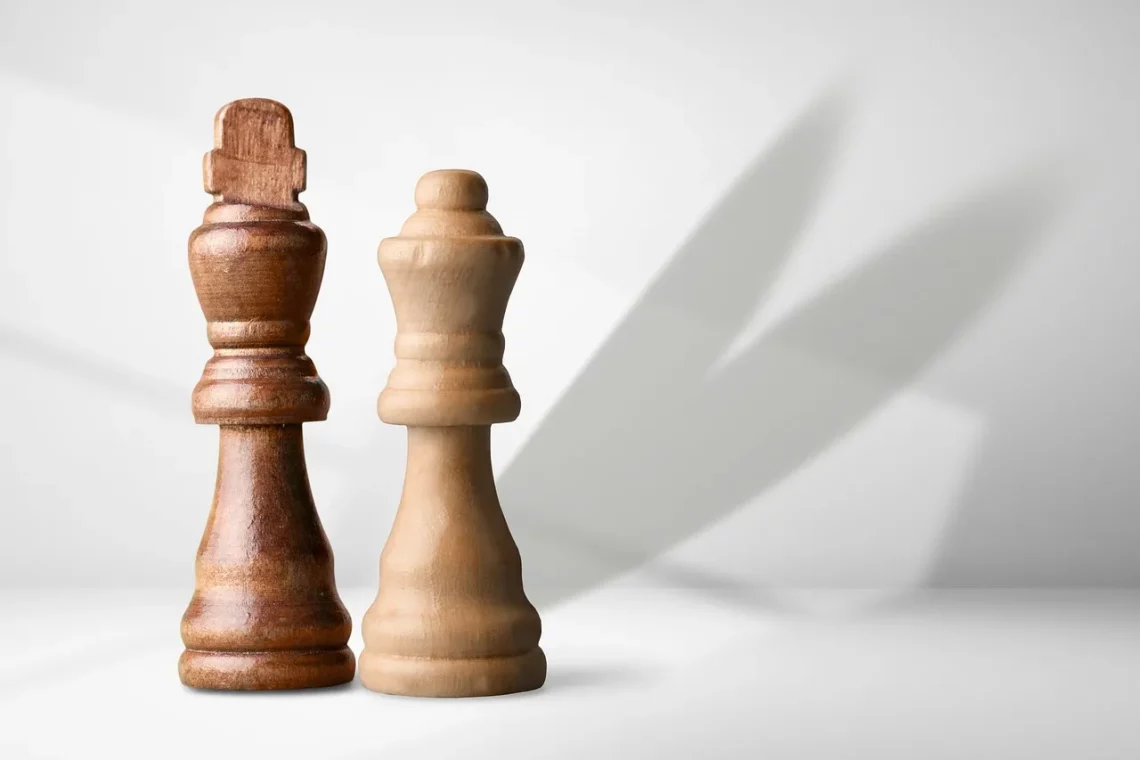
Exploring the Allure of Booty for Enhanced Sexual Connection
The fascination with physical attributes has been a defining aspect of human attraction throughout history. The allure of the body, particularly in a romantic or sexual context, plays a significant role in shaping relationships and personal connections. While societal standards of beauty have evolved, certain features continue to captivate attention and spark desire. Among these, the appeal of the posterior has garnered considerable attention, influencing cultural trends, fashion, and even the dynamics of intimacy.
Understanding the psychological and social dimensions behind this allure opens a window into human behavior and desire. It touches upon themes of confidence, body image, and the impact of media representations. The significance of physical attributes can vary widely among individuals, yet the fascination with the backside remains a common thread that transcends borders and cultures. This article delves into the multifaceted nature of attraction to this body part, exploring its implications for sexual connection, emotional bonding, and personal empowerment.
As we embark on this exploration, it’s essential to recognize that attraction is deeply personal and subjective. While some may find themselves drawn to specific attributes, others may prioritize emotional connection or intellectual compatibility. This complexity enriches the human experience, reminding us that attraction is not solely about physical appearance but also about the chemistry that ignites between individuals.
The Cultural Significance of the Booty
Throughout history, the representation of bodies in art, literature, and popular culture has reflected the values and ideals of the times. The posterior has often been celebrated as a symbol of fertility, femininity, and desirability. From classic sculptures of Venus to modern music videos, the portrayal of the booty has evolved, yet its centrality in discussions of beauty and sexuality remains unchanged.
In many cultures, a well-defined backside has been associated with health and vitality. This connection can be traced back to evolutionary psychology, where physical traits signify genetic fitness. A curvy figure, particularly in women, is often seen as an indicator of reproductive capability, attracting potential partners. Consequently, the allure of the booty can be understood as a biological instinct intertwined with contemporary social constructs.
However, the representation of the posterior is not solely confined to the realm of attraction; it also intersects with issues of body positivity and self-acceptance. The rise of movements advocating for diverse body types has challenged traditional beauty standards, encouraging individuals to embrace their unique shapes. In this context, the celebration of the booty can serve as a powerful form of empowerment, allowing people to appreciate their bodies and express their sexuality confidently.
Moreover, the portrayal of the booty in media can influence societal perceptions and behaviors. Social media platforms have amplified the visibility of diverse body types, fostering a community that celebrates all shapes and sizes. This cultural shift is significant, as it encourages individuals to find beauty in their bodies, irrespective of societal expectations. Ultimately, the cultural significance of the booty extends beyond mere attraction; it encompasses themes of identity, empowerment, and the ongoing evolution of beauty standards.
Psychological Aspects of Attraction
Attraction is a complex interplay of psychological factors that influence our preferences and desires. The appeal of the booty can evoke various emotional responses, rooted in both biological instincts and personal experiences. Understanding these psychological aspects sheds light on why certain physical attributes resonate more profoundly with individuals.
One key factor is the role of confidence. Individuals who embrace their bodies and exude self-assuredness tend to attract others. The psychological principle of “what is beautiful is good” suggests that people often associate physical attractiveness with positive traits such as kindness and intelligence. Therefore, a person’s confidence in their appearance can significantly enhance their allure, making the attraction to the booty more potent.
Moreover, past experiences and societal conditioning shape our perceptions of beauty. Childhood experiences, cultural background, and media exposure contribute to our understanding of what is attractive. For instance, someone who grew up in a culture that celebrates curvaceous figures may develop a preference for that body type. This connection between personal experiences and attraction highlights the subjective nature of desire.
Additionally, the phenomenon of body dysmorphia can influence how individuals perceive their bodies and those of others. This psychological condition can lead to distorted body image and unrealistic standards of beauty, resulting in dissatisfaction and anxiety. It’s crucial to recognize the impact of media portrayals and societal pressures on self-esteem, as they can distort perceptions of beauty and attraction.
The psychological aspects of attraction are further complicated by factors such as intimacy and emotional connection. While physical attributes, including the allure of the booty, may initially attract individuals, deeper connections often stem from emotional bonds and shared experiences. The interplay between physical attraction and emotional intimacy highlights the multifaceted nature of human relationships, reminding us that true connection goes beyond mere physicality.
Empowerment Through Self-Expression
The connection between body positivity and empowerment is increasingly recognized in contemporary discourse. Embracing one’s body, including the allure of the booty, can be a transformative experience, fostering confidence and self-acceptance. This empowerment is particularly significant in a society that often imposes unrealistic beauty standards.
Self-expression through fashion and body visibility allows individuals to celebrate their bodies authentically. Whether through clothing choices, body art, or social media presence, individuals can embrace their curves and showcase their unique beauty. This act of self-expression not only enhances personal confidence but also encourages others to appreciate their bodies, leading to a broader culture of acceptance.
Moreover, the celebration of diverse body types in fashion and media has paved the way for a more inclusive understanding of beauty. The rise of body-positive movements and campaigns advocating for representation has challenged traditional norms, allowing individuals to see themselves reflected in popular culture. This shift is instrumental in fostering a sense of belonging and acceptance within communities that have historically been marginalized.
The empowerment derived from embracing one’s body extends to sexual relationships as well. Individuals who feel confident in their bodies are more likely to engage in open and fulfilling connections with partners. This confidence can enhance sexual experiences, leading to stronger emotional bonds and deeper intimacy. When individuals celebrate their bodies, they communicate a message of self-worth to their partners, fostering an environment where both parties can feel desired and cherished.
In conclusion, the allure of the booty transcends mere physical attraction; it encapsulates cultural values, psychological dimensions, and empowerment through self-expression. As society continues to evolve, embracing diverse body types and challenging traditional beauty standards will play a crucial role in fostering positive relationships and enhancing sexual connections.
—
This article is intended for informational purposes only and does not constitute medical advice. For any health-related concerns, please consult a qualified healthcare professional.




